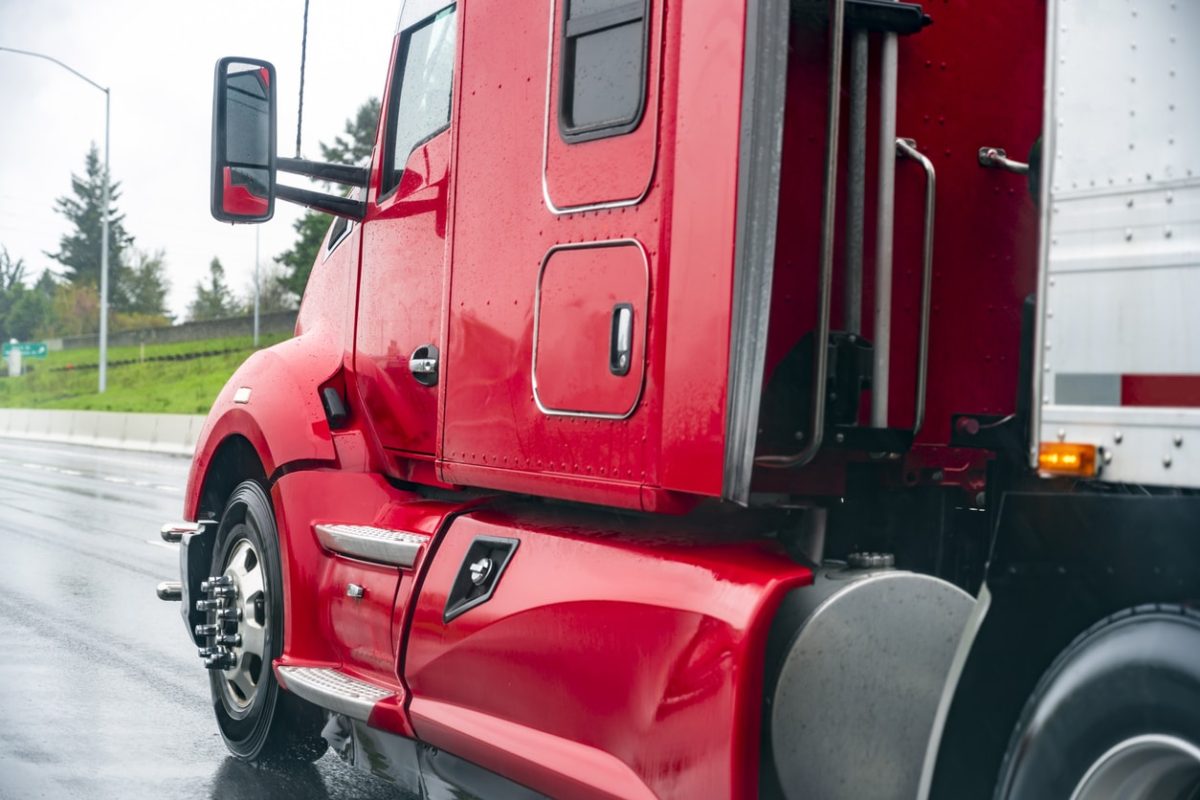When it comes to trucking operations, having truck insurance is an important component to keep everything moving in a transparent way. However, if a motor carrier’s driving history is flagged with having the same number as another company, finding the right coverage can be increasingly difficult.
Interpreting risk information should be in every carrier’s understanding of how motor truck cargo insurance works, especially in terms of understanding risk factors and underwriting motions. Certain determinations are made by tools like the Central Analysis Bureau, or CAB, and the FMCSA’s Safety Measurement System (SMS).
Here are some questions that are usually brought up when a CAB reports risk information in underwriting.
Under what circumstances would the CAB report a prior-used VIN?
Typically, an owner-operator leased to an insured would operate under a permanent lease. If the owner-operator, however, has their own authority, this may show up as “during.” Also, the insured may have already de-leased an owner-operator or sold the equipment during the period in question, which would trigger the CAB.
If a company’s DOT number has been captured by a DOT officer mistakenly, which is uncommon, it can be corrected by a company challenging the inspection. Also, a company may be operating under multiple authorities, which would trigger a shared VIN notification to the CAB.
If an owner-operator is hauling for the insured under their authority, is inspection data going to be reflected on the CAB report?
Data for inspections is captured under the Department of Transportation number for both the company the diver is operating under at the time of inspection as well as the driver’s own record. This kind of information is kept stored in a separate database so confusion is limited. Driver data is typically only available to individual drivers and their potential employers.
Regarding trucking insurance, what underwriting actions are taken when CAB motions that an insured or applicant shares a phone or email address with multiple carriers?
Something like having a shared number or email address, or even physical address, doesn’t necessarily mean shared ownership, but this is something that will be deemed as needing to be looked at. Usually, a common reason behind shared contact information is when a permitting office lists their number and address instead of the trucking company’s information.
Another reason behind sharing a number or address is when smaller operations share an office of dispatch. The CAB will look at ownership and make sure it’s separate and that there is no shared use of drivers or equipment.
What’s more, there may be outdated information listed with the FMCSA, which needs to be updated on a biannual basis.
Understanding underwriting risk factors is important for motor carriers in gaining motor truck cargo insurance. It’s vital to address any anticipated concerns at the time of submission as anything looked over or missed may bring about a more limited chance of gaining insurance.
About Western Truck Insurance Services
Western Truck Insurance Services is a commercial truck insurance agency with roots dating back to 1954. We have evolved into a highly respected, professionally managed, truck and transportation insurance brokerage. The hallmark of our organization is our desire to provide unparalleled service. We go way beyond what you expect to receive from an insurance brokerage. Equipped with state of the art automation, Western Truck Insurance can provide you with lightning fast truck insurance quotes, customer service, Insurance certificates, and coverage changes.

